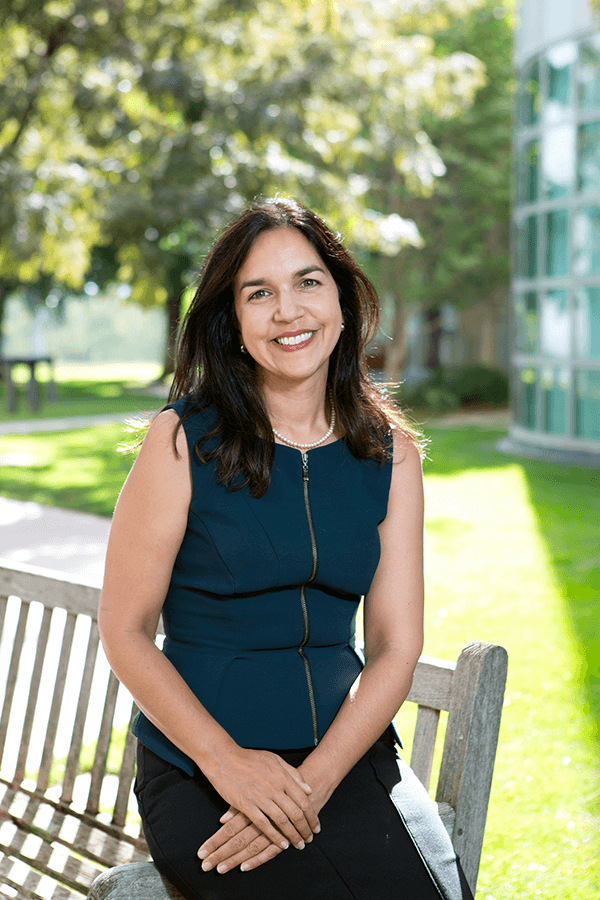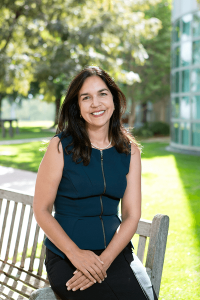Photo Credit: Australian Labor Party
By Neil Thomas, MPP 2018
Now is not a good time to be a refugee. In the United States, the world’s leading country for refugee resettlement, president–elect Donald Trump promises to shut the door on those fleeing the Syrian conflict and impose ‘extreme vetting’ and ideological screening for all new entrants. The European Union, overwhelmed by a refugee crisis since early 2015, tried in vain to prevent member states such as Austria, Bulgaria, Hungary and Slovenia from fencing off their borders. Just last month, the United Kingdom announced it would build a ‘big new wall’ in Calais to hinder prospective refugees.
Consternation about asylum seekers is not new for Australians. Since the ‘Tampa affair’ in 2001—when the government refused to accept 438 shipwrecked refugees rescued by the Norwegian freighter MV Tampa—immigration has been a hot–button issue. Asylum seekers who arrive by boat are now sent to detention centers in either Nauru or Manus Island in Papua New Guinea, and are not allowed to settle in Australia.
Senator Lisa Singh is one of the few Australian politicians who oppose that country’s policies to ‘stop the boats’ carrying refugees to the Australian mainland. She is currently investigating global responses to immigration crises on secondment with the Australian delegation to the 71st session of the United Nations General Assembly in New York. In an interview, she shares her views on refugee issues and her advice for future politicians.
Q. What has been the most significant aspect of your time at the United Nations?
A. During Leader’s Week at the United Nations in September, there was for the first time since the 1951 Refugee Convention, heads of government coming together to tackle the global crisis of displaced people, at the UN Summit for Refugees and Migrants. I was really impressed with the commitment by so many member states to tackle the challenge and take on these issues under the principle of shared responsibility. The outcome of the Summit was the New York Declaration, under which member states will negotiate a plan for an international migration conference in 2018.
Q. What action needs to be taken on global migration issues?
A. There are sixty-five million people displaced across the world, fleeing war, conflict, persecution and economic hardship. Likeminded host countries—such as Australia, Canada, the United States, the United Kingdom, and the European Union—should come together to look at sharing the responsibility for accepting their fair proportion of displaced people. It’s not only good for the world, but there is also an economic imperative for these host countries. The economic contribution of refugees and migrants to these countries is incredible. They give back many–fold compared to what they get when they arrive.
Q. Are there specific refugee policies that could be more widely implemented?
A. We can all learn from good models. At the UN, Canada put forward a model of how they settled 25,000 Syrians so quickly. An important part of this model is processing refugees in the host country (or in this case, next door in Jordan). The United States also has a very efficient processing system for asylum seekers, which is housed in their Coast Guard, reducing the need for the detention of asylum seekers. Both these policies are ways that other countries could consider for improving their approaches to refugees.
At the UN, there could also be more focus on the self-reliance of refugees, as many are very skilled individuals who can do things for themselves and do not need the UN providing them with everything. I listened to a talk recently about Syrians in a refugee camp in Lebanon, and every day they would be given Lebanese bread. But they didn’t like the Lebanese bread; they wanted Syrian bread. So they worked out that in this refugee camp, there were six Syrian bakers, who then got together and made bread for the whole camp. Greater reliance on the abilities of refugees is both empowering for them and saves money for the UN.
Q. Given your own experience of being penalized politically for prioritizing personal principle over party positions on refugee policy, what advice do you have for people considering a career in politics?
A. Politics is always in flux. Things change, often quickly. What has to stay the same are your principles, your values, what you stand for, what you believe in. And if you use these as your guiding lights, then when you have to deal with political complexities, you’ll be able to do it with a much stronger foundation.
Politics is definitely a force for good, but at the same time it’s not for everyone. I’ll be honest, you do have to have a thick skin, because it can become incredibly personal, and your whole life is on display in a sense. Some people aren’t up for that. It’s not a 9–5 job, you’re actually a servant of the people, you’re giving yourself up for the people to try and make their lives better.
Prepare yourself to stand by your convictions and what you believe in. As the mock–Latin phrase goes, illegitimi non carborundum—don’t let the bastards grind you down!

